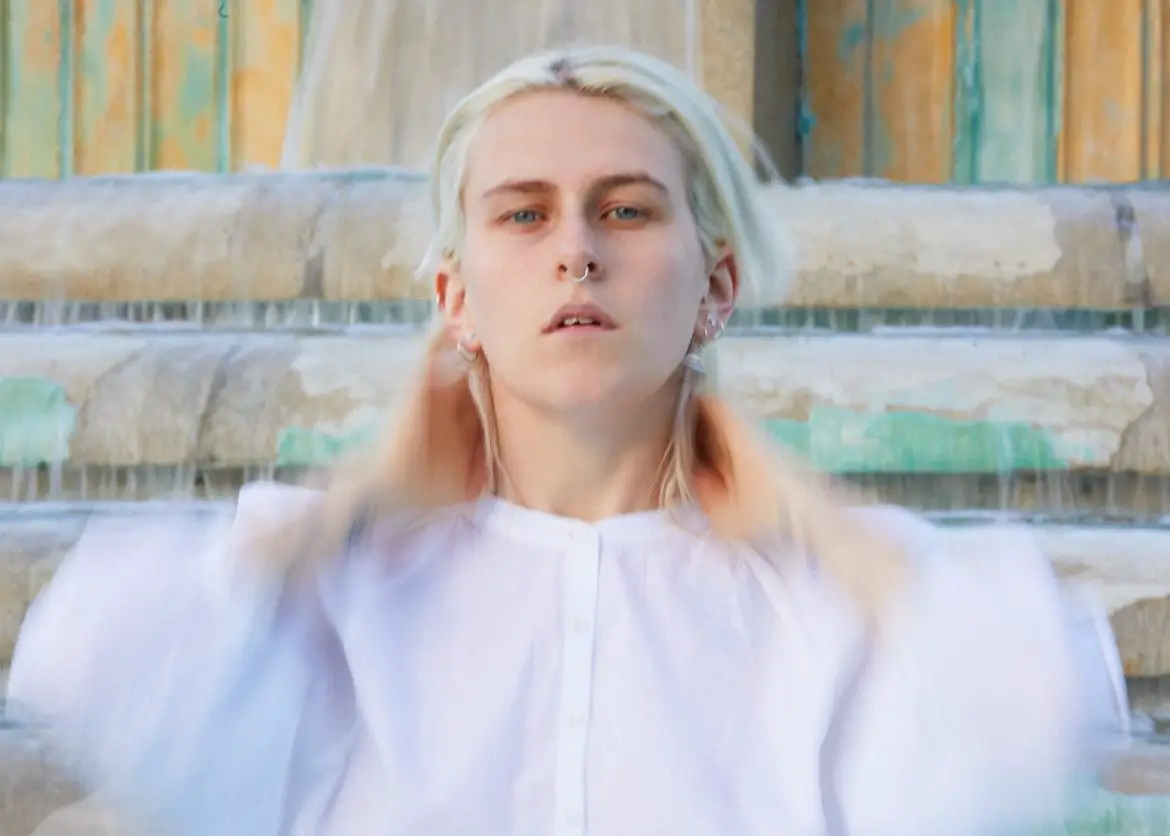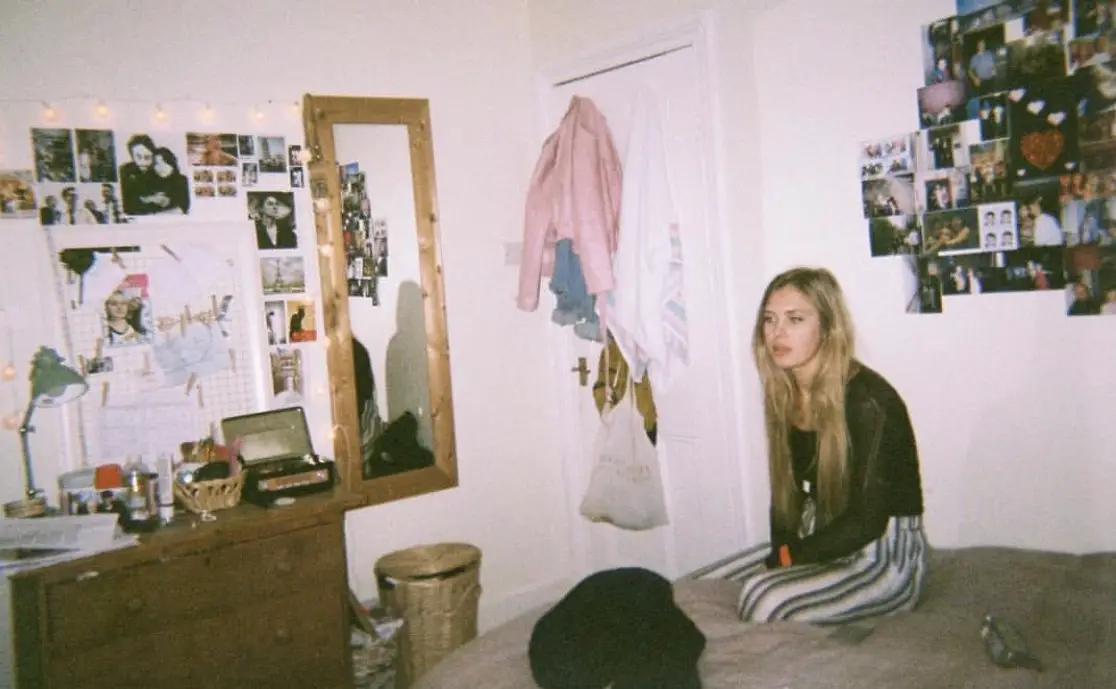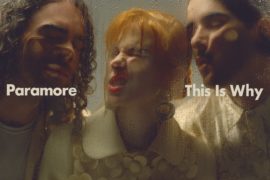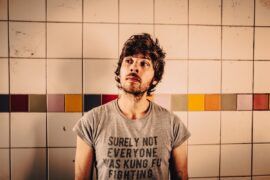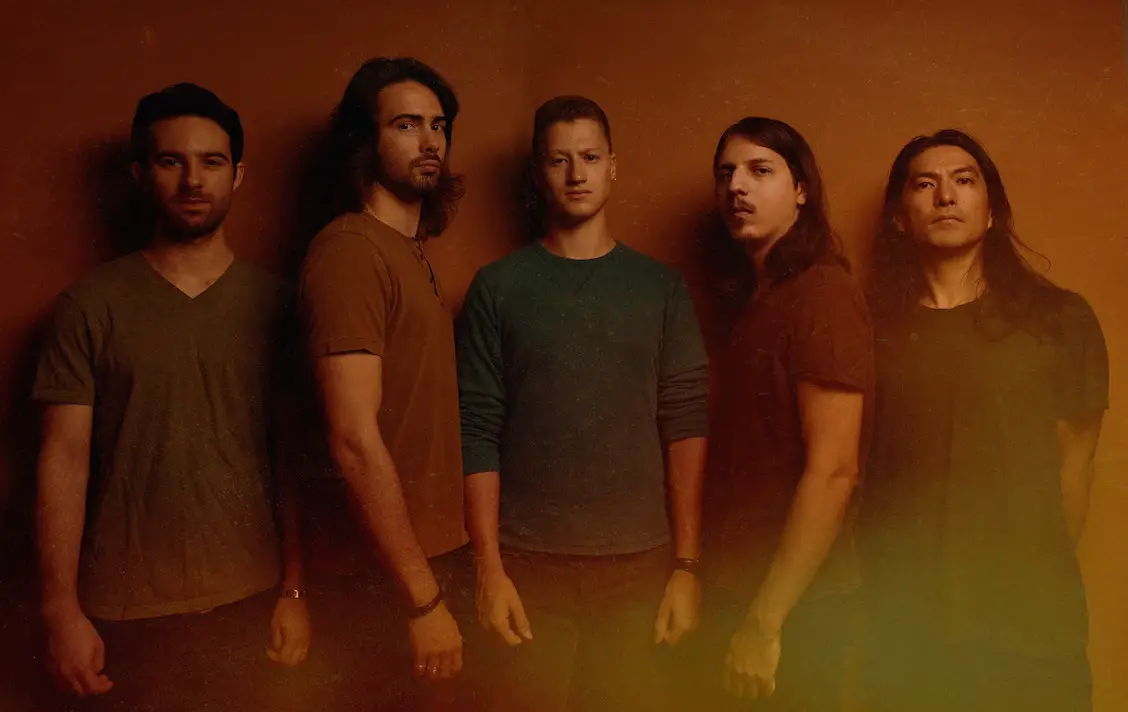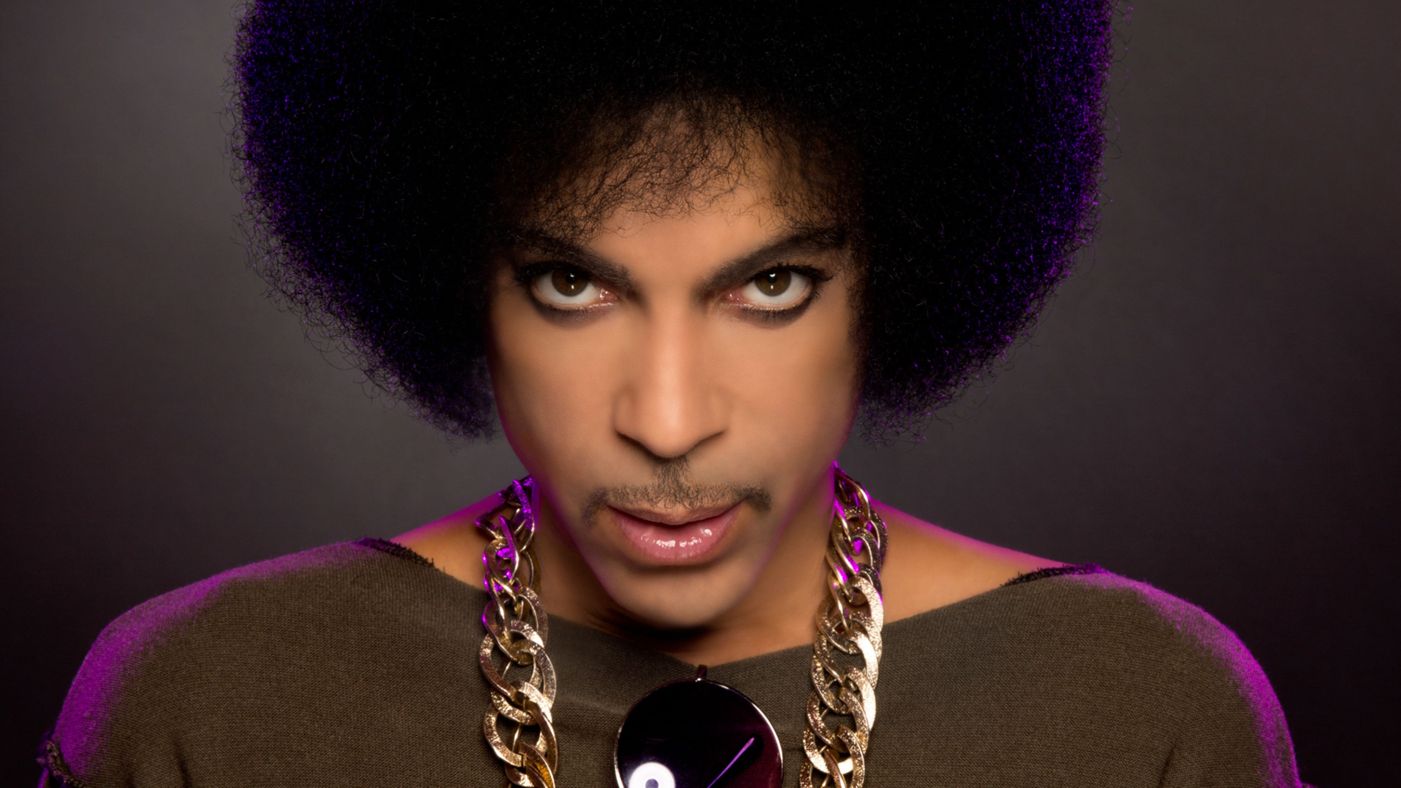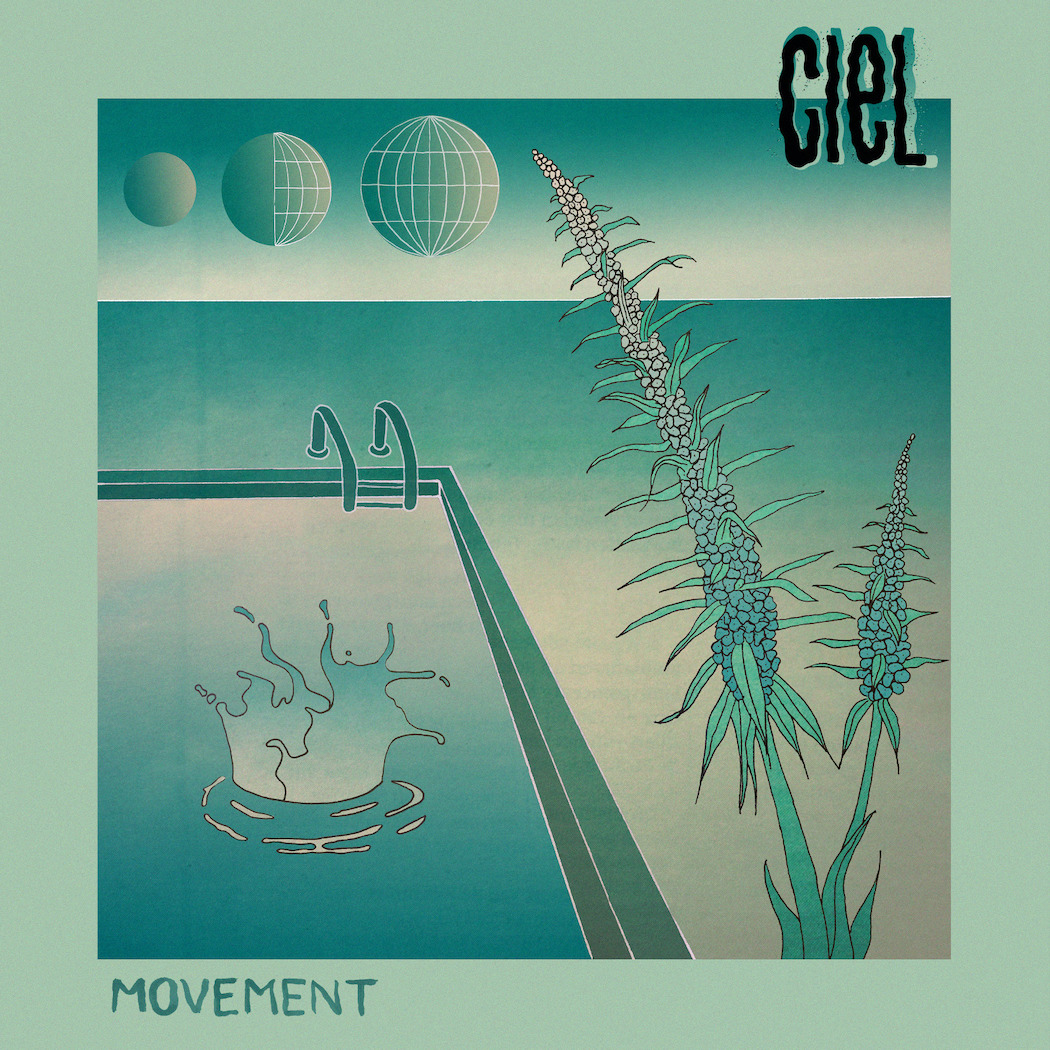On her third record, Lillie West chases clear-headed authenticity and reevaluates her world like never before.
Stream: ‘I Want The Door to Open’ – Lala Lala
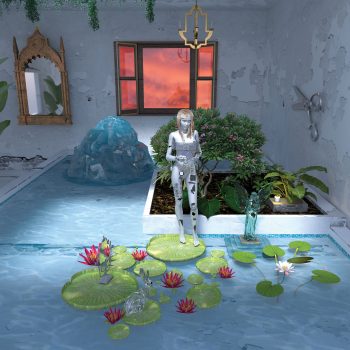
If 2018’s The Lamb was a rebirth, Lala Lala’s latest is a lesson in how to live again. With one leg rooted in apparent reality and the other in the fantastical, Lillie West ventures to even greater sonic and existential heights in her quest for her truest form, recruiting a variety of her indie rock peers to transcend her own limitations in more ways than one. I Want The Door to Open (out October 8, 2021 via Hardly Art) is not so much a quest for finality as it is one for evolution — the acceptance and delight of zero destination. West challenges herself to exist as purely as possible, yearning to experience every moment by simply allowing herself to become a part of it. In this paradox of losing herself, she finds new versions of herself than she couldn’t have previously imagined. Even if she can never quite pick the lock or find the right key, she can make peace with the wondrous labyrinth all around her.
I Want The Door To Open is available now courtesy of Hardly Art. Lala Lala is set to tour Europe in early 2022.
— —
:: stream/purchase I Want The Door to Open here ::
A CONVERSATION WITH LALA LALA
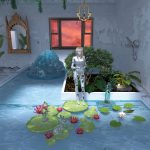
Atwood Magazine: How have things been going for you lately?
Lala Lala: Pretty well, all things considered. I’m moving to Taos, New Mexico, so I’ve been back and forth. I feel a little bit like in two worlds at once — a little unmoored, but it’s good. It’s what I want. I’ve been looking for a place to go. I’ve been wanting to get out of Chicago for a couple years, somewhere more rural. I was like, “Should I move to LA? Should I move to upstate New York? I don’t know.” Nothing felt right. And a week into [visiting New Mexico], I was like, “Oh, this is the place.” It’s really cool and there’s a really intentional community.
I've heard it's a great place to live. Let’s talk about your new record. What was the process of making I Want The Door To Open like?
Lala Lala: We started recording it in January 2020. I went to Cincinnati, Ohio to start the recording process with Yoni [Wolf]. The plan was for us to come back and forth a lot and record musicians live, but obviously that didn’t happen and we did it mostly remotely. We finished it in March of this year. It was a very different process than I anticipated. Most of the music was recorded by the musicians [themselves] and sent in. We recorded Abby [Black]’s drums in the studio together, and everything that Yoni and I did, we did together in his studio. Some of the vocals were recorded in this room. It was very disjointed in a way I’ve never experienced because the other two albums I’ve made were essentially live.
It seems like this album was largely a collaborative effort, especially with coordinating so much of it remotely.
Lala Lala: It was extremely collaborative. I wanted the songs to sound a certain way without the limitations of my own ability. Like, the song needs saxophone, and I can’t play saxophone. That kind of thing. So yeah, I definitely relied heavily on friends, their talents. When I’m writing, it’s just me in this room with no other input, usually. I was really excited to take it to all these other places that I wouldn’t have necessarily got to on my own.
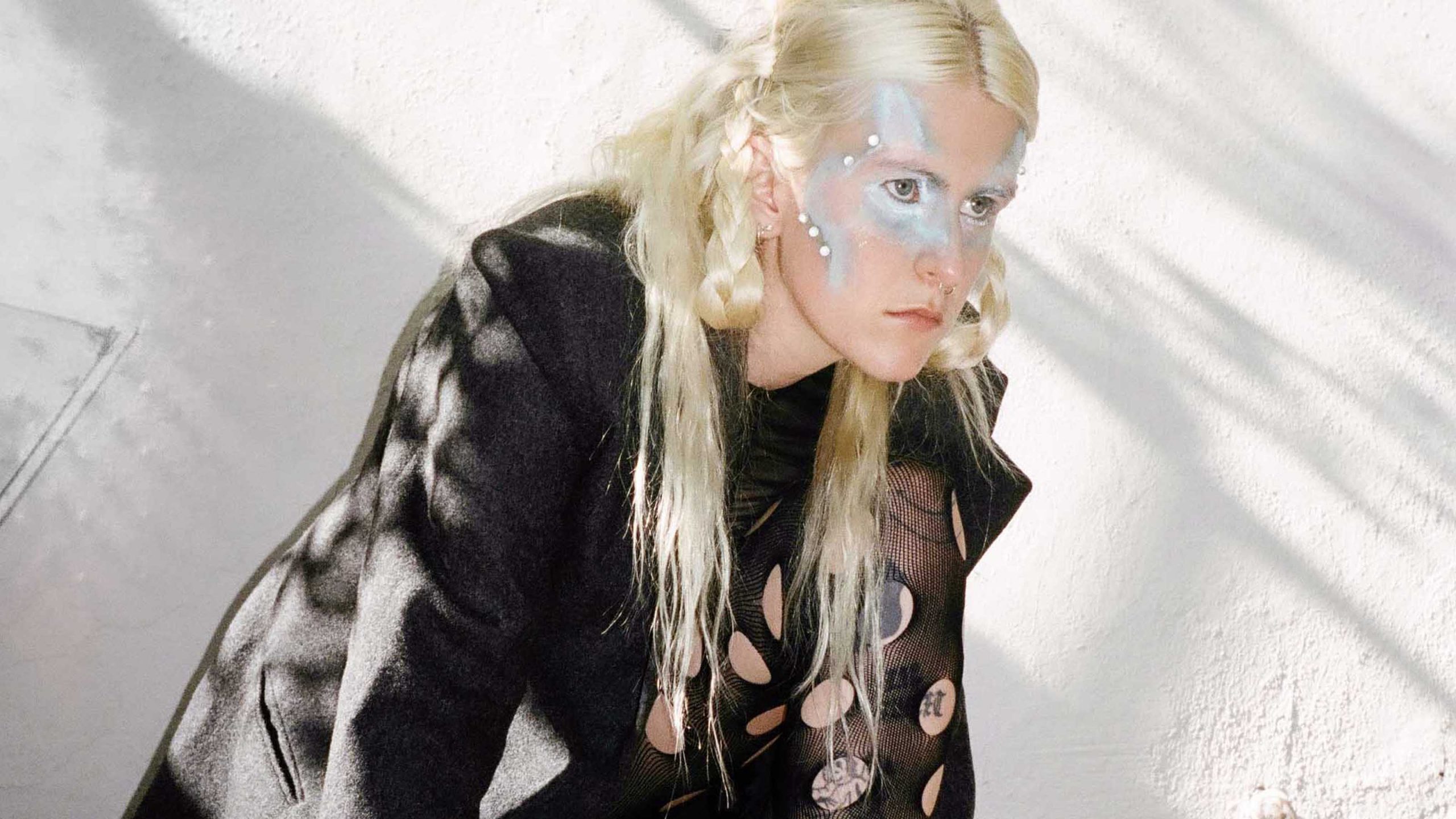
When did you write the tracks on this album? What drove you to write these songs in particular?
Lala Lala: It’s kind of all over the place. Some of them are old and repurposed or I changed the lyrics. Sometimes I make a song and I’m like, “There’s something magical here, but I can’t find it right now. I have to table it.” There’s some songs from a couple of years ago that I worked on, where I rewrote lyrics that were more relevant [to me]. Some were written in the middle of the recording process. I’m just writing a little bit all the time. With some of the songs, I’d be like, “Oh, this is meant to be on this record, even though I just wrote it.” All last minute, make it work.
What's your lyrical process like?
Lala Lala: I have a notebook where I’m constantly thinking of lyrics. I’ll see like, a sign on the side of the road or something I’ve read in a book or saw in a movie. It’s like an analog database of lyric ideas. Sometimes I’ll be writing about something really specific. I’m like, “I have this feeling about this thing,” and I’ll draw from the lyrics that I’ve written about that thing and what comes out naturally, as well. Other times, I think that I’m writing about absolutely nothing. I’m like, “This is a nonsense song,” and then two months later, I’m like, “Wow, that’s very clearly about what I was going through.” My psyche was telling me a secret, but I was too blocked to see it.
Something that I really like about this record is the recurring concept of looking and being looked at, perceiving versus being perceived. Where does that come from for you?
Lala Lala: I think everyone, including myself, wants to be witnessed. I mean, everyone wants to be seen and understood. That’s the basic human desire, I think. It’s changed so much now with the way that we interact digitally. I think about it all the time — what am I without a witness, you know? What does being witnessed change about what I’m going through or what I’m perceiving? What is the avatar that I’m putting forth? Even person-to-person, we all accentuate different parts of ourselves, depending on who we’re with, to fit the situation. I assume that other people are doing it. So you’re doing this weird, collaborative accentuation of certain parts of the self. And who’s to say what of it is real? My whole thing is like, ‘What is real?’ I get so existential and freaked out about what reality and fantasy are, because I feel like I struggle with that. My vice is fantasy. I go into fantasy land in my mind to a fault, where I’m not actually interacting with my real life and not being present. I’m not listening to people, almost, because I’m so in a fantasy, whether it’s good or bad. I really think you can convince yourself literally anything.
Yeah, I was just thinking about that. Just being witnessed, what does it mean? What kind of experience do you have when you go somewhere by yourself, you do not take a photo, you don’t tell anyone you went there? Like, how rare is that, that nobody knows what you did for one second? And is that a pure experience, or does sharing it with other people, whether it be in real time or later, make it real? Because I also think that life is other people. Life is how we care for other people and how we’re cared for by them. My feelings change so fast. And while I’m having them, they feel so intense and so pure and eternal. And literally 15 minutes later, I have a complete perspective shift. I didn’t know how to act based on these drastically shifting feelings. So that’s another thing: what if that is real? Is any feeling real? Are they all real?
Sometimes there's truth in the way other people perceive us. Even though we're the ones who ultimately know who we are, sometimes they’re able to see things that we can't. That’s why I thought it was really interesting that you included samples from a call with your grandma (on closing track “Utopia Planet”), someone who knows you in a very different way and has a pure perception of you.
Lala Lala: Yeah, definitely. She lives in England and I haven’t lived there in like 15 years, so we have these limited, intense time periods together. Her perception of me has absolutely nothing to do with how I present myself, in music or to my friends. It’s completely different. In that audio, she’s actually talking about a painting of me in my parents’ house that she was a little freaked out by. She thinks I don’t look human in the painting. I looked like a little alien or something.
Did you see any of yourself in it, or do you feel unnerved by it too?
Lala Lala: I don’t feel unnerved by it at all. I mean, I like avatars. I keep joking that this record is about Avatar, but I mean that it’s about the avatars that we create for ourselves or that other people create for us. I just think it’s interesting.
The way we edit ourselves?
Lala Lala: Yeah.
One line that got me was on “Lava” where you sing, “I want to look right into the camera.” Does this refer to being behind the camera, looking through the viewfinder, or in front of the camera, breaking the fourth wall?
Lala Lala: I want to look into the lens. I know I keep using [the word] “pure.” I want to see the essence of everything, what I truly am, who truly am I. How do I stop performing? Not that I’m trying to perform all the time. I’m just relaxing trying to be myself, but I don’t think that we can escape performing for other people. I want to stop; I want to look directly into the camera! I want to realize that I’m on The Truman Show.
Do you ever feel like you're chasing that feeling?
Lala Lala: Absolutely. The song “Color of the Pool” is a lot about that. I’m obsessed with the feeling of presence that you so rarely get where you’re not really thinking about anything else that’s happening, which I think is why I’m a recovering drug addict. [Addiction] creates that intense feeling like you’re in a movie, nothing else matters. There are other ways that I can get to that feeling now. Sometimes it happens onstage, which is another reason that I think that I pursue performing music so much. There are all these moments where I’m so overwhelmed with a presence. I’ve also had it on the back of a motorcycle at night or riding my bike, listening to music. I’m not thinking about being perceived at all. It’s like being at the center of fire or something. So short answer, yes. I really try to get there all the time, because the rest of it is just nonsense. It’s relentless. I think that there’s a demon in my brain that wants to destroy me, it’s really talkative. I’m obsessed with not thinking about the demon, or not hearing it for one second every now and then.
How would you describe that presence?
Lala Lala: It’s something I’m afraid that I am. It’s critiquing me all the time. Trying to take away the demon is the opposite of presence. It’s trying to take me away from the moment. I haven’t figured out what it wants, exactly. I think he wants me to stay inside and never talk to anyone. It’s talking to me about who I am, what I’m doing and what I should be worried about. It definitely makes me act recklessly.
How do you stay present now?
Lala Lala: I try and do things that get me there. I feel like right now, I’m not doing a good job. The demon is strong, but after this, I’m going to the lake. Every time I go, it resets me temporarily. I would say I shock myself out of it, and just try and pursue things for the right reasons. Right at this moment, I’m in a fear-based pattern, which is bad and that’s not what I want, but I feel like it’s instinctual. Sometimes you just know what’s gonna help and what’s gonna hurt. And sometimes I say ‘fuck it’ to what’s gonna hurt because I love the extreme feelings. Sometimes I say “yes” to pain later, like I know that I’m making this bargain with myself. I’m going to have this intensity and this presence and then there’ll be pain, but I’d rather do that than be bored.
Water comes up a lot on this record. How would you describe your relationship with it?
Lala Lala: I was always in the water when I was a kid. I’m not a very strong swimmer, but I love being in water. I feel like it is such a good metaphor for everything. It’s so malleable. It takes all these different forms. it can be on you or you can be in it. I was at this lake in New Mexico last week. It was huge, and no one else was in it. I got in and it was so cold. When I went under, I was just thinking about how the lake was accepting me and was all around me, not killing me. I was just becoming a part of it momentarily. It’s just everywhere — we’re made of it. I just feel like everything is water, and it’s so beautiful. Singing and swimming always feel really good and pure and true to myself. They’re really constant things in my life. Singing and swimming.
Right now, do you feel more focused on reaching actual acceptance, or on just moving forward?
Lala Lala: I definitely want to accept. I don’t know how to do that — that’s my whole struggle. Pain is resistance in general. I just say to myself, ‘Accept, accept’ all the time, because what’s creating the issue is the resistance to whatever might happen. If I’m anxious about something happening, I try and accept the worst possible outcome. I’m like, ‘So what if that didn’t happen? You’d be fine. You’d get through it. It would be unpleasant, but it would be fine eventually.’ I was reading something recently about, ‘Freedom is acceptance, and freedom is the unknown.’ If you accept the unknown, then you have ultimate freedom. I try and say it to myself. It doesn’t really work all the time, but it is comforting.
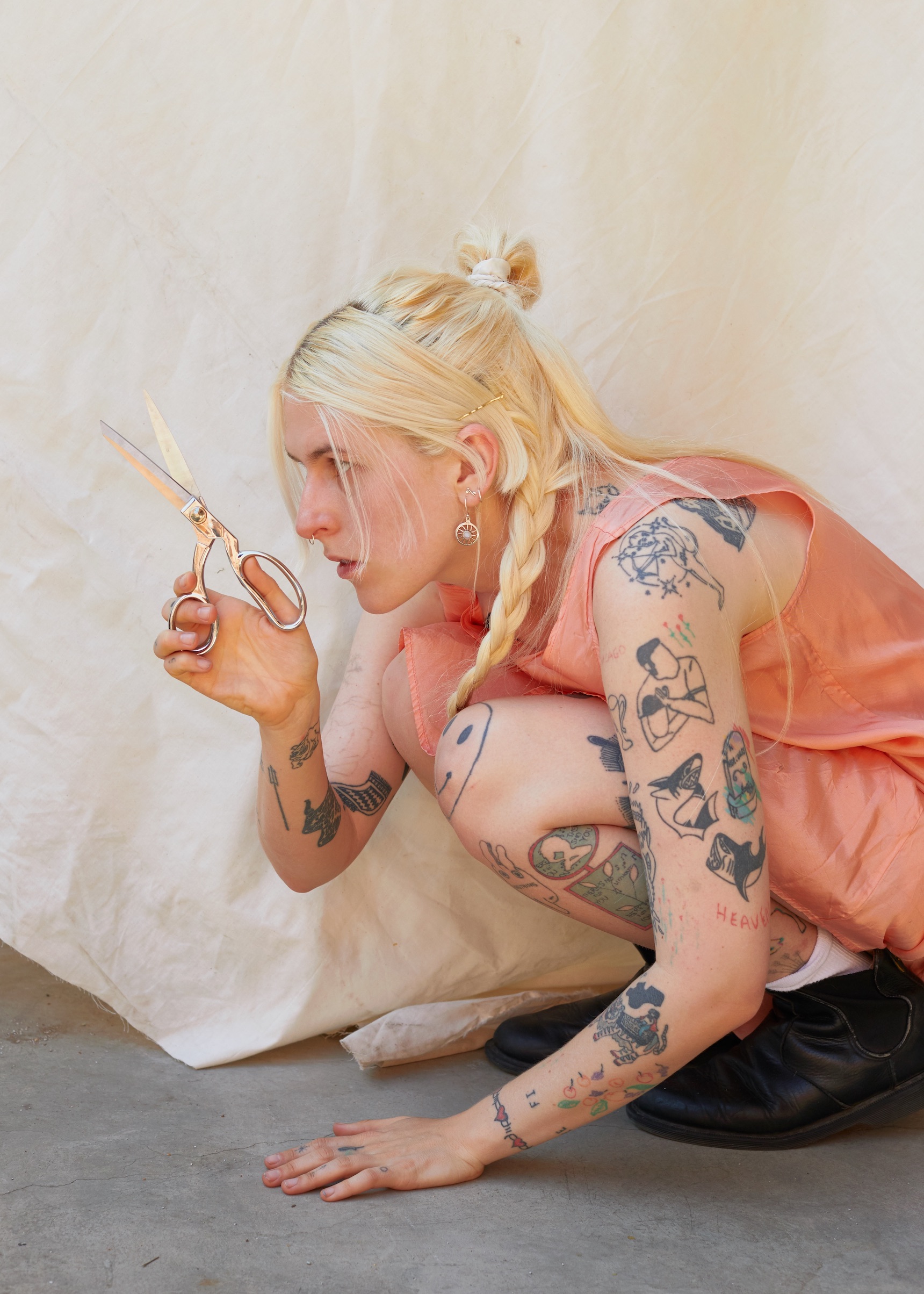
What answers and questions arose for you while you made I Want The Door To Open and in its aftermath?
Lala Lala: I’m not sure about answers, but there are a lot of questions. Like, what is my problem? Why am I like this? That’s a big thing that I write about in general. It’s like, why am I resisting this situation? Why do I keep making the same mistakes? Am I addicted to mess, or am I addicted to danger? I don’t really like to talk about sobriety that much because there was this whole sobriety narrative that happened around [The Lamb] that I didn’t really feel in control of. When [I] first stopped drinking, I felt like there was a before and there was an after, and the before was where I really fucked up, where everything was terrible and I made a lot of horrible mistakes. I hurt myself and a lot of other people. And then after, it’s just a new age, a new way. With that narrative coming from that record, it was really hard for me to reckon with all of the mistakes I made afterwards. I felt that everyone expected me (and I expected me) to be perfect. Everyone was like, “Congratulations, you did this amazing thing.” And I was like, “But wait, I’m still fucking up majorly.” I felt like a fraud, like I was letting everyone down doubly. I think that if there’s one thing that I did accept with this record, it’s that I’m still human and that I still have the same issues, even if I’m not drinking, accentuating the issues, or creating more. I can see the issues that I couldn’t see while I was drinking, but they’re still there. I have to actively participate in my life and be a responsible person.
Even though you have so many more questions to contend with now, do you think that this record showed you any particular resolutions?
Lala Lala: I don’t think that I’m trying to find resolutions within music, necessarily. The questions are more interesting to me than the answers, and other people’s experiences of the questions. I would say the only resolution is that the work is forever — that there is no resolution.
— — — —

Connect to Lala Lala on
Facebook, Twitter, Instagram
Discover new music on Atwood Magazine
? © Michael Schmelling
:: Stream Lala Lala ::

